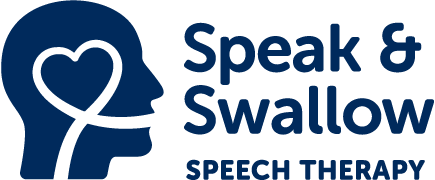Speech therapy for Adolescents
Assessment | Therapy | Support
At Speak and Swallow, we love nothing more than providing adolescents with the support they need to find their voice and develop their communication and social skills.
Our friendly, experienced Speech Therapists take the time to work with young people, their parents, and carers to understand what is important to them. We pay close attention to what a normal day involves for them – what they do, how they engage and where they go, so we can recommend therapeutic solutions that will complement and enhance their life.
Our services also include group therapy and social groups to build social communication skills in a safe, nurturing (and fun) shared setting.

Support for Adolescents
The team at Speak and Swallow provide assessment and treatment for adolescents with a wide range of communication difficulties such as:
- Speech – Saying the sounds in words so people can understand
- Language – Communication of ideas using spoken or written words
- Literacy – Reading, comprehension and written communication
- Social – Interacting with others, including verbal and non-verbal communication.
Assessment and treatment for adolescents can take place in our clinic, in the home or school environment. Individual and group therapy sessions are available.
Book An Appointment
How we can help
Our focus is on enabling young people to participate in and enjoy everyday activities with therapeutic solutions tailored to their individual needs and goals. We work with our clients to assist them to recognise and set their own goals, encouraging independence and empowering them to take control of their progress.
Our practical support has helped our young clients to:
- Apply for a job
- Read and follow a recipe
- Engage in conversation with family and friends
- Build friendships and relationships through improved verbal and non-verbal communication skills
- Read and / or write an email
- Communicate via social media
- Organise a social event with their friends.
Our Services
Our holistic, evidence-backed therapeutic solutions are expertly designed to improve an individual’s health, wellbeing and ability to connect, based on their unique circumstances and goals
Group therapy and social groups
In addition to the one-on-one practical advice, our group therapy programs and social groups offer a wonderful opportunity for clients to practice their skills in a supportive and encouraging environment.

